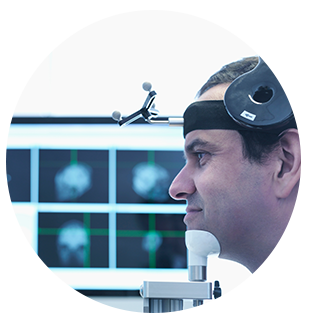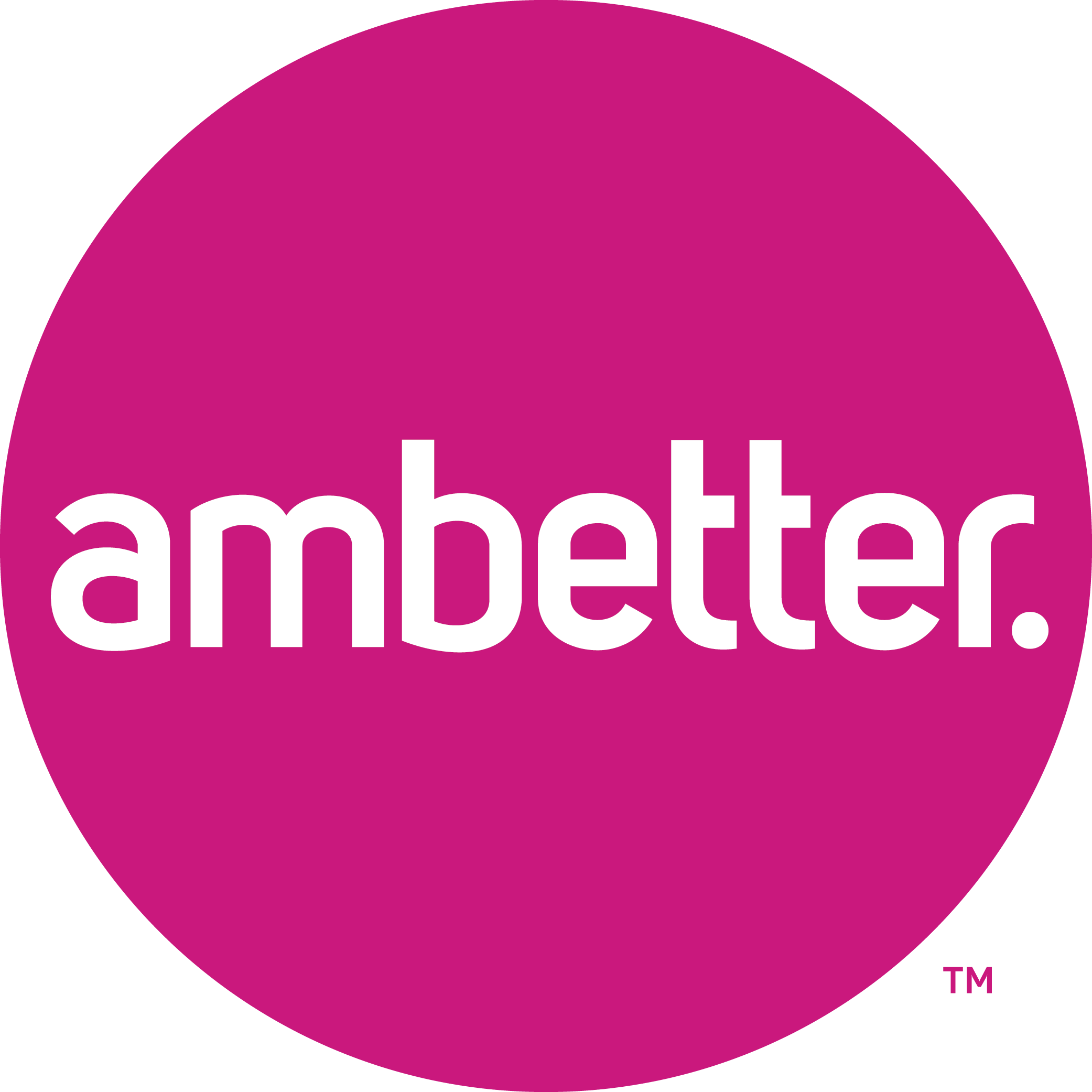Major depressive disorder (MDD), otherwise known as depression or unipolar depression, is a mental health disorder that negatively affects how a person feels, thinks, and acts. Common depression symptoms include feelings of sadness, emptiness, and hopelessness, as well as a loss of interest in activities that were once enjoyable. People with depression might also isolate themselves from their loved ones. Without mental health treatment, depression symptoms may worsen over time, resulting in suicidal thoughts and other tragic results. Fortunately, depression is treatable, and our Florida TMS therapy can help.

What Is TMS (Transcranial Magnetic Stimulation)?
Major depressive disorder affects more than 16.1 million adults in the United States or about 6.7% of Americans age 18 and older. MDD is also the leading cause of disability in the U.S. and usually develops at a young age.1 In addition to changes in mood and behavior, depression can also impact a person’s ability to fulfill their responsibilities at home, school, and work. MDD can even impact a person’s sleeping habits.
These symptoms make simple day-to-day tasks even harder to manage. One’s condition might also affect their relationships with others. Luckily, there are various forms of MDD treatment available to help diagnosed individuals manage their symptoms, one of them being TMS.
Transcranial Magnetic Stimulation (TMS) is a safe, non-invasive, and effective form of treatment that’s used for treatment-resistant MDD or in cases when medication or psychotherapy aren’t successful in treating depression. TMS therapy is approved by the Food and Drug Administration (FDA) for major depressive disorder, as well as various other mental health disorders like anxiety, smoking cessation, and obsessive-compulsive disorder (OCD).
How Does Repetitive Transcranial Magnetic Stimulation Work?
Transcranial magnetic stimulation providers utilize magnetic fields in TMS therapy to stimulate the area of the brain that’s thought to be responsible for mood disorders. This area of the brain is called the prefrontal cortex, which is usually underactive or compromised in people with mental health disorders like depression.
By using a transcranial magnetic stimulation device, some of which include Nextism and Neurostar Advanced Therapy, TMS delivers focused magnetic pulses to the prefrontal cortex of the patient, which can generate an electric current in the brain and cause neural firing in that region. Consequently, this stimulation can help to restore functioning in the prefrontal cortex, reducing depression symptoms and improving emotional judgment and mood.
When administering TMS therapy at our rehab in Boca Raton, FL, the TMS specialist will have the patient wear earplugs to minimize the clicking sound of the magnetic impulses and sit patients in a comfortable chair. Patients do not receive any anesthesia and remain awake throughout the treatment.
If it’s the patient’s first session, the technician will place a helmet-like headpiece on their head from which a coil extends at the front. This coil will be adjusted on their head as needed. Then, they’ll start the treatment.
Clients might hear a clicking sound as the magnetic impulses are released from the device. They might also feel a tapping or knocking sensation beneath the coil. TMS treatment sessions usually last 30 to 60 minutes, after which clients are safe to drive themselves home and resume their normal activities.
Keep in mind that the way in which treatment is performed may vary depending on the type of transcranial magnetic stimulation device that’s used. Not all devices utilize a headpiece.
TMS therapy side effects are extremely mild and do not occur in all clients. TMS side effects that might occur can include:
- Mild headaches (most common)
- Scalp pain
- Neck pain
- Tingling
- Lightheadedness and dizziness
- Facial twitching
- Sleepiness
- Altered concentration during treatment
Symptoms like headaches and lightheadedness usually go away after several treatments. Most side effects are rare and usually dissipate as the individual gets used to the treatment.
Our Florida TMS Therapy
If you have treatment-resistant depression and haven’t experienced any progress with psychotherapy or medication, our Florida TMS clinic can help. Depression can deteriorate one’s emotional and physical health, as well as their relationships, careers, finances, and more. TMS is a ground-breaking, non-invasive, and safe form of treatment for depression and other mental health disorders that stimulate a region of the brain responsible for symptoms.
Moreover, for those who do not have treatment-resistant depression or haven’t received any care for their mental health disorders, our Boca Raton Banyan rehab offers inpatient mental health treatment for other disorders, as well. We offer treatment options for disorders like anxiety, PTSD, bipolar disorder, schizophrenia, and more.
For more information about our TMS in Florida and whether it’s right for you or a loved one, contact Banyan Boca today.
Our TMS in Florida is covered by insurance for major depressive disorder treatment but requires other forms of payment when it’s utilized to treat anxiety, OCD, and smoking cessation. Contact our facility to learn more.
Source:
Related Reading:
Kratom for Depression: Does it Help?
Can Opioids Cause Depression?











